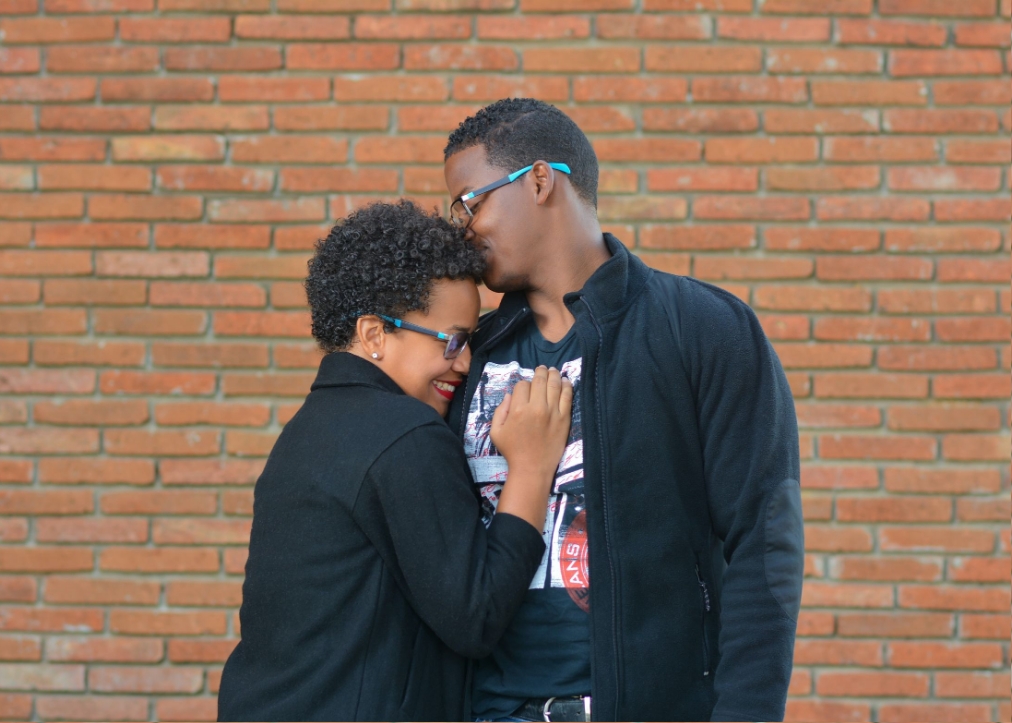The conversation about consent has reached a fever pitch and is getting some well-deserved attention that allows us to look more closely at how we approach sex in dating and beyond.
But there’s still something missing; something that I see in my couples counseling practice more often than you would believe:
There’s no conversation about how extremely difficult it is for people to talk about sex in general.
I get it. We’re a society that arose from puritanical values, and sex is an uncomfortable topic. But I have seen couples who have been together for years, married for decades, and they are still struggling with how to talk about sex with each other.
They don’t know what turns the other person on or off; they often don’t know how to talk about what turns their partner on. They don’t really know how to address what feels best sexually, or what the other person’s desires or fantasies are. A lot of the time, they don’t even really know what their own turn-ons and fantasies are!
This starts to become a problem way before long-term commitment, because talking about sex starts when you’re dating. Consent becomes tricky when you don’t know how to talk about what you do or don’t want to be doing sexually, and the conversation is not happening.
I understand the hesitation. Most people think talking about sex and consent will affect the mood, make it less sexy, or make the other person feel uncomfortable. You might want to “go with the flow,” let things happen naturally, and follow your feelings to be able to decide in the moment whether or not sex is right.
The problem is that cues are very easily misread! Your feelings of lust and desire cloud your better judgment, and then mistakes happen. When people are not reading each other correctly, the door is wide open for a grey area of consent that is confusing, harmful, and easily avoidable.
In my experience, one of the things that can be really sexy is a person who can be really clear about what they want; how they do and don’t want to connect with someone. Clarity takes the pressure off, which is a huge mood killer.
If you want to be sexual and not have intercourse, for example, try saying, “I’d love to makeout with you and connect with you, but I don’t want to have sex with you tonight. So, as long as you can keep that boundary and not pressure me, I’m down to keep hanging out with you.”
People, this not an invitation to try harder and get the person who says “no” to give up their boundary! On the other side, when someone expresses their boundaries clearly, take them seriously. Let the anticipation of the next time you get to be sexual with this person grow, like a gift you get to open later. Being sexual with someone should be mutually pleasurable, not a race to a finish line that only you get to enjoy.
I understand that it’s scary to make your boundaries explicitly clear. You might be afraid that it’s going to come across too seriously, or it’s going to be too difficult to use those words.
But a lot of the time, what gets in the way of speaking about your experience or boundaries is an area of growth that’s worth working on. If you’re afraid that someone is going to think that you’re too much if you talk about sex and consent, then you might not be dating people who really value your full being.
SaveSave






